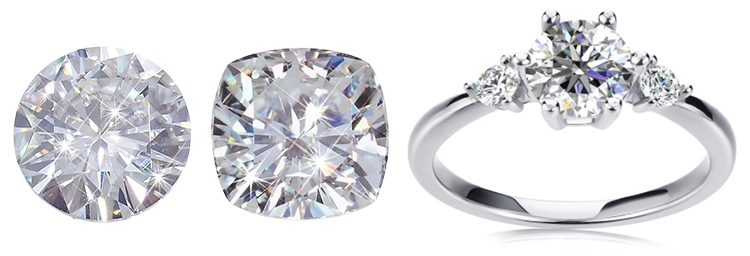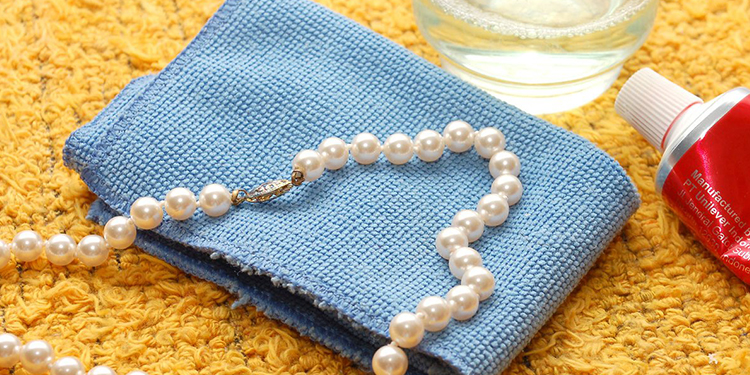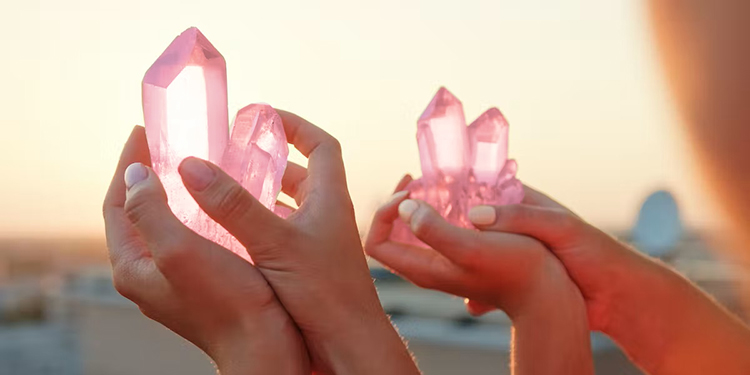8 Jewelry Wearing Taboos
Ladies who frequently adorn themselves with jewelry must be aware that different materials of jewelry have distinct guidelines for wear.
Various jewelry materials possess unique characteristics, thus requiring specific care.
Here, we have compiled maintenance guidelines for eight types of jewelry. To ensure the longevity and beauty of your jewelry, avoid the following practices:
1. Diamonds Dislike Grease
Diamonds should not come into frequent contact with grease and oils.
Since diamonds have facets, regular exposure to oils can diminish their brilliance and make them lose their sparkle.

2. Gold and Silver Dislike Cosmetics and Perfumes
Most cosmetics and perfumes contain elements like mercury and lead, which can trigger chemical reactions when they encounter gold and silver.
3. Pearls Dislike Moisture
Pearls are sensitive to moisture, which can cause them to change color. Additionally, pearls are vulnerable to sweat.
Remember to remove your pearl jewelry before engaging in activities like swimming or bathing, as sweat can lead to discoloration.
Learn more: Pearl care and maintenance.

4. Emeralds Dislike Ultrasonic Cleaning
Emeralds should not be cleaned using ultrasonic methods, as this can lead to cracks or fractures.
5. Coral Dislikes Immersion in Water
Coral's primary component is limestone, and it is highly susceptible to damage when immersed in water.
Prolonged exposure may lead to decay or mold formation.
6. Crystals Dislike Radiation and Sunlight
Crystals possess strong magnetic fields and are particularly averse to radiation.
It's advisable to keep them away from electronic appliances when storing.
Rose quartz crystals are especially sensitive to sunlight and can fade if exposed for extended periods.

7. Opals Dislike Bumps and Water
Opals have low hardness and are brittle, making them vulnerable to physical impacts.
Additionally, they are sensitive to water; prolonged immersion may cause them to become transparent.
8. Amber Dislikes High Temperatures
Amber primarily consists of resin and is highly susceptible to high temperatures.
Avoid exposing amber to temperatures exceeding 100 degrees Celsius (212 degrees Fahrenheit) as it may melt.
summary
These guidelines are essential for preserving the integrity and beauty of your jewelry pieces, ensuring they remain exquisite for years to come.


Leave a Comment